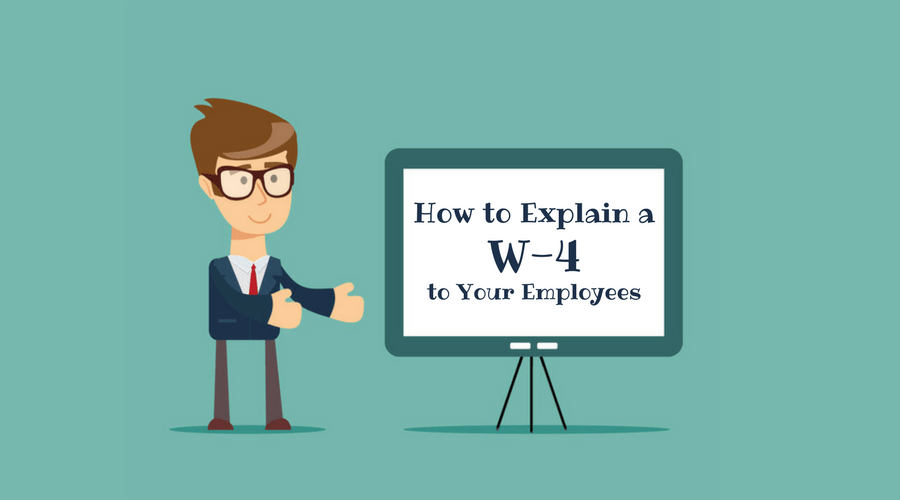All About Federal Unemployment Tax (FUTA)

Most employers have to pay federal unemployment tax (FUTA) on their team’s wages. Unemployment taxes help provide temporary financial security for workers who have lost their job. You’ll need to pay this tax if you meet one of the following conditions:
- paid at least $1,500 in wages in the current or previous calendar year
- had a minimum of one employee for at least part of a day in any 20 or more different weeks in the current or previous calendar year
Unlike many other payroll taxes, you will not typically withhold unemployment taxes from your staff’s paychecks. Instead, only you, as the employer, will pay it. Keep reading to learn more about FUTA.
Unemployment tax rates
The FUTA rate is 6 percent of the first $7,000 you pay each team member. Because states typically handle unemployment benefits claim, most employers will qualify for a 5.4 percent tax credit, making their federal rate 0.6 percent.
If a state can’t afford to pay out claims, they can borrow money from the federal unemployment fund. If your state borrows money from the federal fund and cannot pay back the loan within two years, you might not qualify for the full tax credit. When this happens, your state is considered a “credit reduction state.” Credit reduction states are listed in the instructions for Form 940.
Besides FUTA, you’ll also need to pay state unemployment insurance (SUI) taxes. Each state will set its own tax rates, which are often based on what industry you’re in, how long you’ve been in business, and how many unemployment claims your former employees have made.
Payments and benefits exempt from FUTA
Although you’ll need to pay federal unemployment tax on most wages, some payments and benefits are exempt.
The following workers’ earnings are not subject to FUTA at all:
- Family members – If you are the business owner, this means your parents, spouse, or child (if they are under age 21).
- Statutory employees – A statutory employee is technically an independent contractor, but you treat them as an employee for tax purposes by withholding Social Security and Medicare tax from their wages.
For other employees, some of their earnings may be exempt, including
- Expense reimbursements, if those payments don’t exceed the IRS specified per diem rate or standard mileage rate
- Partnership payments made to general or limited members in a partnership
- Workers’ compensation, which is paid to personnel because of a work-related injury or illness
- Gratuity (tips), if they earned less than $20 in tips in a month
If you provide benefits, you may be able to deduct those costs before determining your federal unemployment tax liability. Some benefits excluded from FUTA are
- Accident and/or health insurance premiums
- Group-term life insurance costs
- Employer contributions to an individual retirement account under a Simplified Employee Pension (SEP) plan or other qualified retirement plan
If any of your team’s earnings or benefits are excluded from FUTA, you will report that information on Form 940 each year.
Paying federal unemployment tax
You’ll usually have to pay FUTA at the end of each quarter:
- April 30
- July 31
- October 31
- January 31
But, if your federal unemployment tax liability is $500 or less, you can roll that amount over to the next quarter. If your liability is still $500 or less in the fourth quarter of the year, make your payment when you file Form 940.
Calculating your FUTA costs doesn’t have to be complicated. When you run payroll with Workful, we’ll calculate your unemployment taxes every time you run payroll, so you know how much you owe. Learn more about our payroll software and start your free 30-day trial today!
This article was last edited on 1/22/2020. For more information on federal unemployment tax, see IRS Publication 15.


